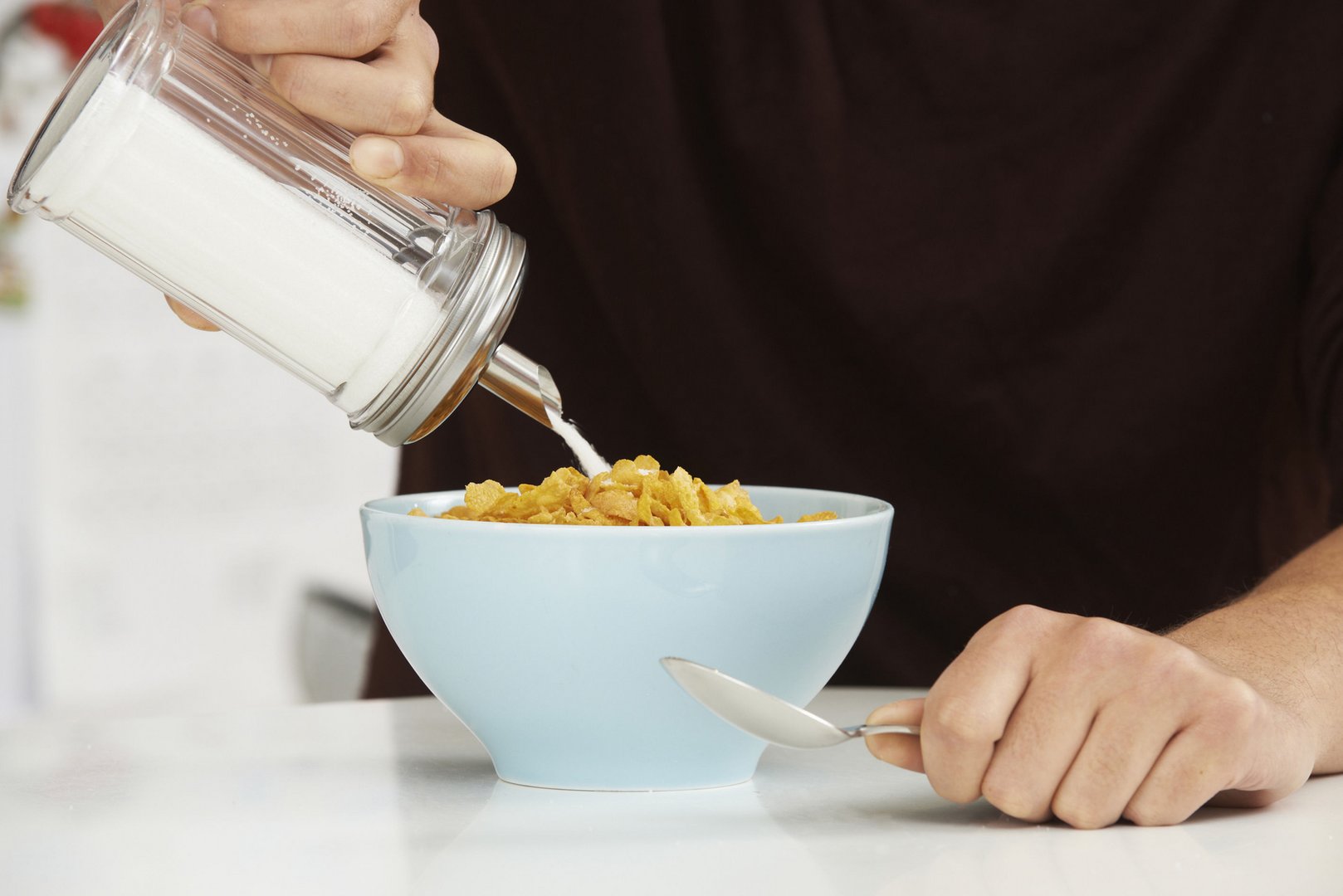The government decided to maintain the zero VAT rate on a range of consumer products until the end of April. Bizarrely, it added another two items to the zero VAT list – coffee and sugar – in what could only be described as a publicity exercise, part of the government’s campaign to show that it is taking measures to protect consumers from rising prices.
Surveys carried out after the introduction of the measure showed that the VAT cut had not stopped prices from increasing on most of the products, even though it could be argued that the increases may have been smaller because of it. Nevertheless, what could be safely said is that most people would not have noticed any real benefit from the cut.
The government, however, was seen to be doing something about high prices. It is in this context that the addition of coffee and sugar should be viewed. What is worse, is that a government that is concerned about people’s health would have allowed the price of sugar to rise, in the hope that people would use less or give up on it altogether.
There is an obesity problem in Cyprus which leads to diabetes and angiopathies. Cyprus records the highest number of people, as a percentage of population, requiring kidney dialysis every year. Almost half of kidney dialysis patients suffer from diabetes. In other words, the government should be looking at ways of discouraging consumption of sugar products and a higher price would have helped in this direction.
Sugar may be considered a basic consumer good, but it is also harmful to health. In the UK the government introduced the soft drinks industry levy in 2018 and in five years 45,000 tonnes of sugar were removed from soft drinks. According to the World Cancer Research Fund International the levy “was associated with preventing over 5,000 cases of obesity in girls aged 10 and 11.”
There is no likelihood of such a tax being introduced in Cyprus, nor does it mean that a higher price of sugar would reduce consumption of soft drinks, cakes, and biscuits, but the government should still have avoided placing it in the zero VAT category. Nobody would have complained if it had not, with the possible exception of the bakeries and ice-cream producers that use large quantities of sugar for their products.
The reality is that zero VAT sugar is nothing more than a publicity gambit that will have no financial benefit for consumers (if a household uses 2kg of sugar a month it would save 10 to 20 cents), while encouraging over consumption of sugar. If the government considers sugar such an essential good that it has cut VAT, it gives the message that it does not consider it harmful to health, despite all the scientific evidence.







Click here to change your cookie preferences